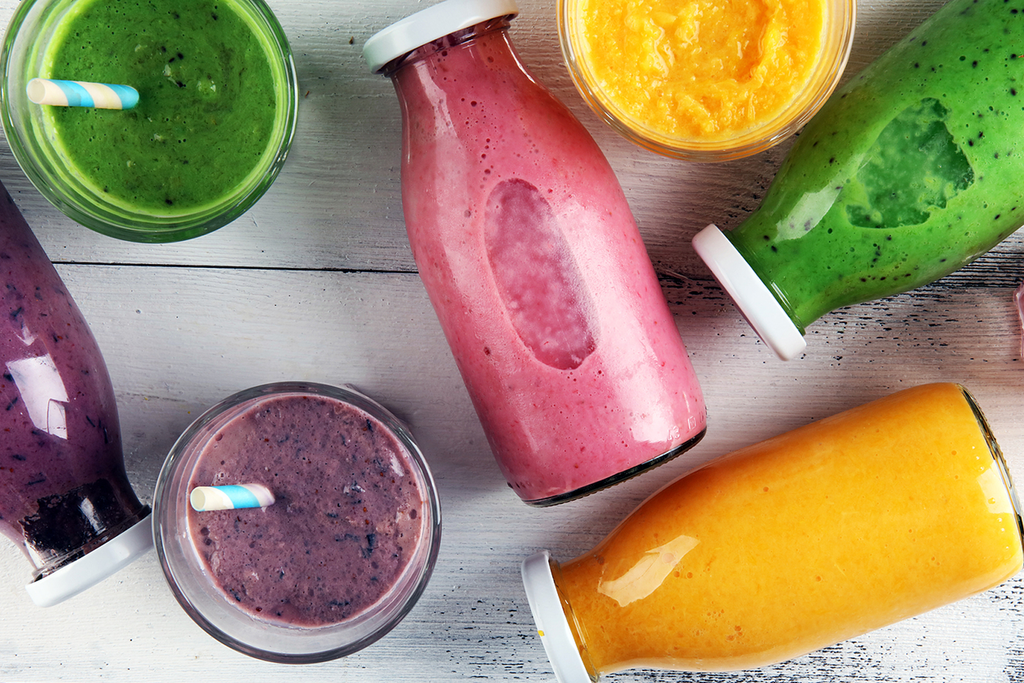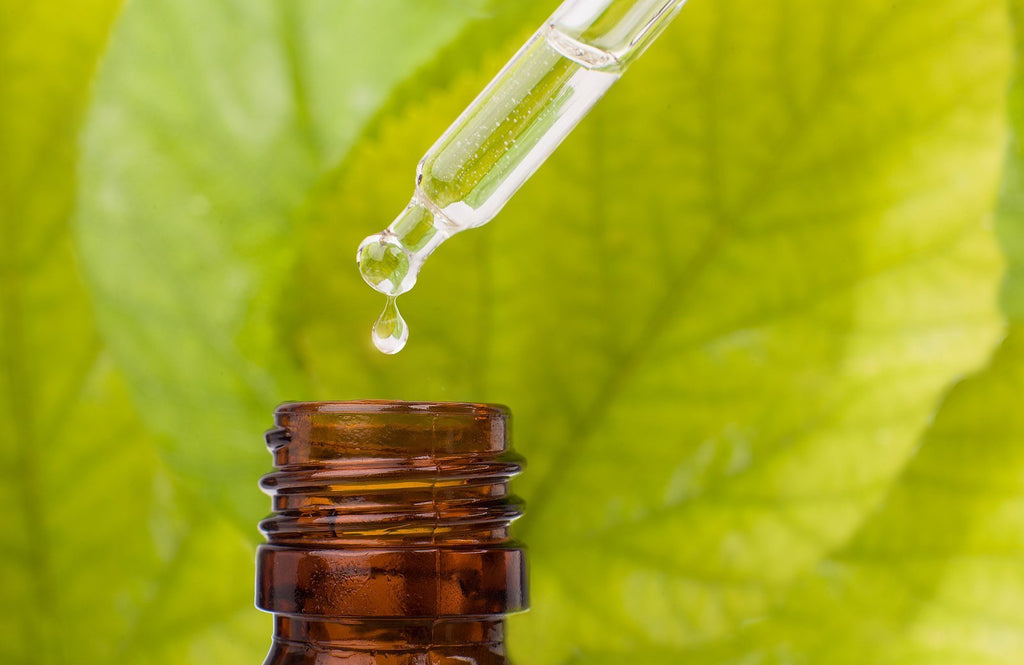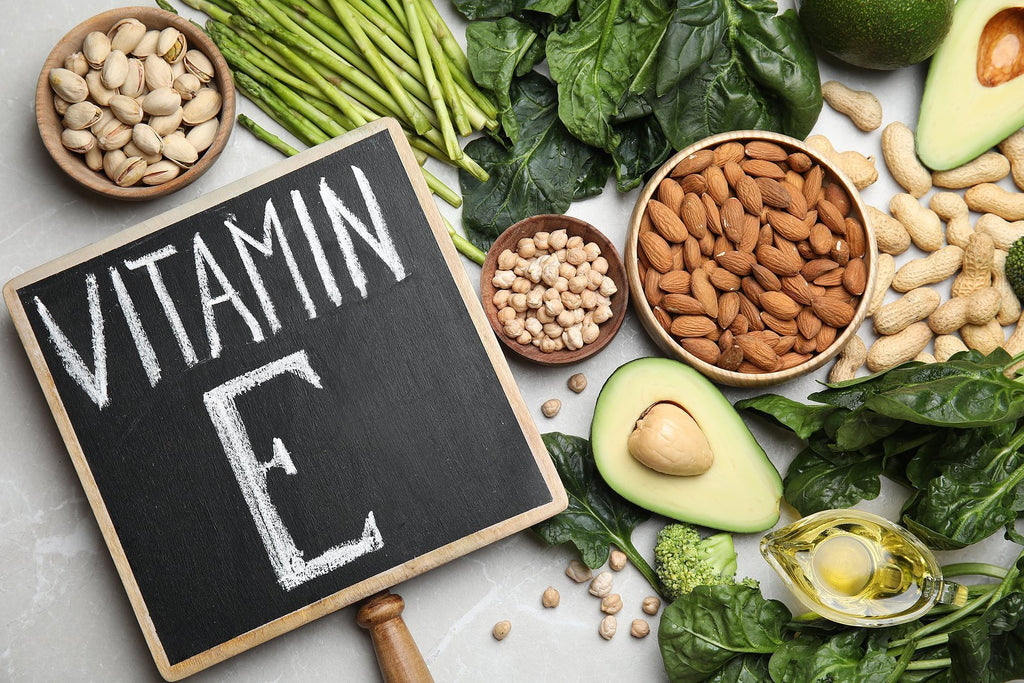How to Slow Down Glycation & The Aging Process
How would you like to have control over the most powerful aging process in your body?
That process is called glycation. And here I’ll give you tips on how to slow down this process down and limit the damage it does.
What Is Glycation?
Although it sounds like it, glycation is definitely not some trendy kind of vacation. Far from it.
Glycation happens naturally in your body when a protein or a fat is exposed to a sugar molecule. They bind together to form a harmful compound called advanced glycation end products. Appropriately, the acronym for those is AGEs.
Glycation causes proteins and lipids to no longer function and, even worse, become harmful to health as these AGE particles drive inflammation and oxidative stress. It’s imperative that they be scavenged and eliminated from your body.
The Sugar Connection
AGEs accelerate the aging process in your body by clogging the blood vessels of major organs like your eyes, your heart, your brain, and your kidneys. These are the same organs that are under attack in diabetics. Because sugar creates AGEs, this explains why diabetics seem to age faster and are prone to early onset degenerative illnesses.
Yet another black mark for sugar.
Is It Possible To Stop Glycation?
Alas, you can’t stop the process of glycation completely. But there are ways to prevent it from initiating and to reduce the AGE load in your body.
How To Reduce The Effect of AGEs On Your Body
1. Consume less sugar
Reduce your sugar intake to as close to zero as possible. Sugar feeds glycation. It accelerates the process as the many proteins and lipids in your body react to the sugar you consume, flooding your body with AGEs.
To be clear, eliminating sugar goes well beyond getting rid of just the sugar bowl. It means cutting out the carbohydrates that metabolize into sugar, like bread, pasta, crackers, cereals, and granola. Put alcohol on that list as well because it converts into sugar quickly once you consume it. And, of course, stay away from refined carbs that contain even more added sugar, like donuts, cookies, and pastries.
Then check food labels. Sugar is added to so many products, even protein bars and alternative milks. Carefully read the labels of any products that are marketed as “natural” and “healthy”. Learn to recognize the various hidden forms of sugar and the ingredients that will break down into sugar after you consume them.
2. Change how you cook food
Cook at a lower heat and/or use wet methods of cooking. AGE production is accelerated by certain high-temperature cooking methods – grilling, roasting, broiling, anything that rapidly browns food. When you see that browning, it’s an indication of the reaction between the protein and sugar. When you use lower heat and wet methods of cooking like steaming, boiling, and poaching, you can avoid creating AGEs.
For example, think of a hamburger patty; it’s pink and soft when it’s raw, but when the protein, the fat, and the sugar in the patty react (yes, sugar is very commonly added to burger patties), it becomes brown and stiffened. This is exactly what can happen inside your body when AGEs are abundant. Your tissues, organs, and blood vessels can harden and become stiff. To add to the problem, sugar is commonly added to so many proteins that we cook at high heat – hot dogs, ribs, burgers, marinated chicken wings, and so on. To lessen the issue, shop for proteins that don’t have added sugar and use sugarless marinades.
3. Exercise regularly
Doing so will help to reduce AGEs in your body. Exercise reduces glycation by burning available sugar before it can combine with a protein. Just remember that exercise is a helping hand and not the solution. Cutting out sugar in the first place is your best way to reduce AGE build-up.
Good Nutrition = Less Glycation
Here’s what to consume more of to have fewer problems with AGEs and glycation.
- Eat lots of antioxidant-rich vegetables.
- Stick to low sugar fruits.
- Take appropriate vitamins. Certain vitamins can help to prevent glycation and reverse the damage of AGEs.
- Benfotiamine, a form of vitamin B1, is a powerful age slower and glycation stopper. If you want to use “benfo”, know two things. First, it’s fat soluble, so it will be stored in your body and too much of that buildup can become toxic. Second, it’s a derivative of the natural vitamin B1, so you can’t really get it from the good foods I’ve listed in this blog.
- B6. The active form of vitamin B6 (Pyridoxal) can trap the products of sugar breakdown before they become involved in glycation. Good sources of B6 include fish, poultry, organ meat, eggs, and vegetables.
- Luteolin. Luteolin is a powerful anti-inflammatory for tissues with AGE build up. This flavonoid is found in lemons, cantaloupe, many peppers, celery, radicchio, and artichoke.
- Vitamin C. Consume lots of it through appropriate foods because it’s a powerful antioxidant. Some great sources are bell peppers, cruciferous vegetables, papaya, and strawberries. Most supplements of course will contain vitamin C.
Sharing is Caring
Know Your Body - Know Your Health






